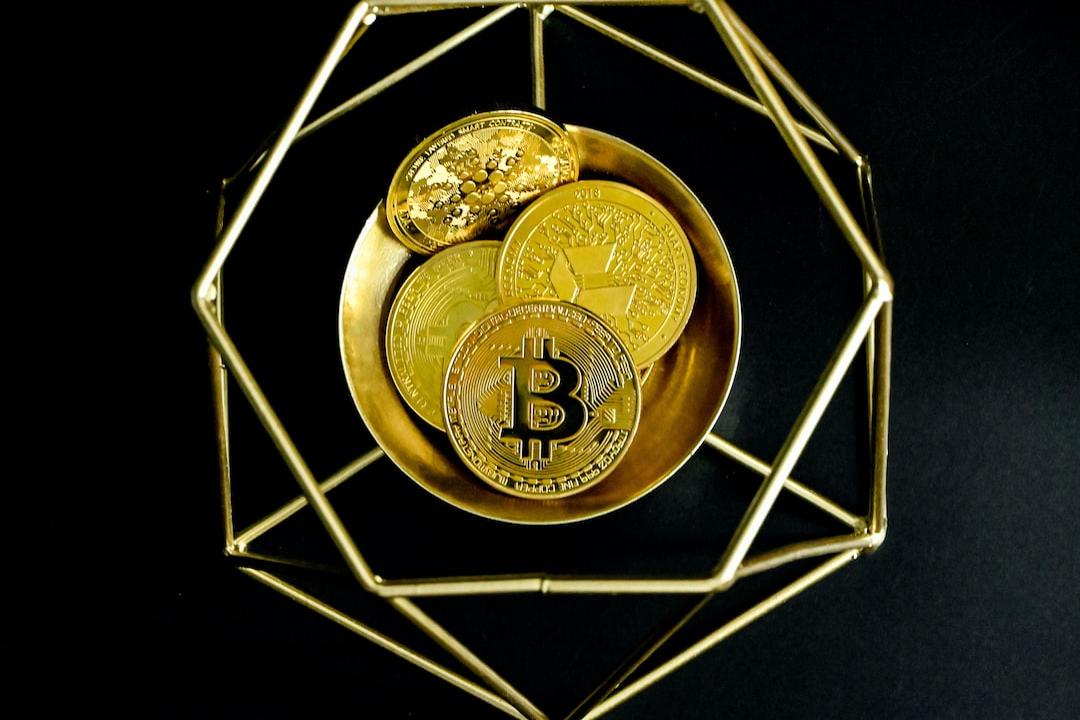Disclosure: The views and opinions expressed here are solely those of the author and do not reflect the official stance of crypto.news’ editorial team.
The recent actions of the United States government against major cryptocurrency firms such as KuCoin and Binance have sent a clear warning and created a foreboding atmosphere over the crypto industry. As North American regulators intensify their scrutiny and enforcement, many startups and founders are seeking more favorable environments abroad to nurture the growth of their ventures.
You might also like:
The great migration of web3 projects from the US to Europe and now Asia | Opinion
When considering investments, user engagement, product expansion, and government acceptance, Asia stands out as a region leading the charge in institutional adoption and establishing itself as a hub for crypto innovation. Given that six of the top ten countries in crypto adoption are in Asia, it is no surprise that the continent continues to advance the blockchain frontier.

Is Central and Southern Asia the future of crypto? | Source: Chainalysis
Asia’s proactive regulatory approach sets a strong precedent and provides a robust framework for lawmakers worldwide. Financial institutions in Asia have also taken pro-crypto actions to bridge traditional finance (TradFi) and decentralized finance (DeFi), fostering confidence in the industry’s stability and future growth.
Hong Kong is one region aiming to reclaim its status as a leading financial center, hoping that its new regulations will attract a wave of entrepreneurs and investors. Following the U.S.’s lead, Asia’s first spot Bitcoin ETFs launched in Hong Kong, enabling investors to gain exposure to the price movements of underlying assets without directly owning them. Despite its relatively small population of seven million, Hong Kong is notable for the alignment of its regulators and government officials towards a unified goal in the crypto sector.
Elsewhere, in 2023, Japan made significant progress with its web3 whitepaper, outlining strategies specifically for NFTs and DAOs. This document serves as a roadmap for navigating the complexities of the blockchain space while ensuring regulatory compliance.
Japan has also implemented foundational regulations to boost crypto growth. Recently, lawmakers have developed web3 policies advocating for corporate tax reductions and new opportunities for VC firms to invest in crypto. If enacted, this new legislation is expected to spur the creation of additional web3 companies funded by Japanese investors.
From Japan’s proactive legislative measures to Hong Kong’s embrace of digital asset management, the groundwork for a regulated web3 ecosystem in Asian countries is being established.
Beyond financing entrepreneurial ventures, Asia-based venture capital firms play a crucial role in driving innovation. These investors not only provide funding but also offer guidance, mentorship, and access to networks for blockchain projects.
For example, DFG, a leading blockchain and cryptocurrency investment firm, navigates various sectors within the blockchain sphere with a portfolio exceeding $1 billion in assets under management. DFG actively seeks impactful projects in web3, DeFi, NFTs, and ecosystems like Polkadot and Ethereum, aiming to create value through strategic investments.
As evidenced by their participation in events such as the TEAMz Web3/AI Summit in Tokyo, DFG has demonstrated its commitment to supporting the growth of web3, particularly in Japan. With plans to deploy additional capital and engage in more initiatives, the firm exemplifies the vital role of venture capital in advancing the blockchain space.
By showing how effective regulation can coexist with blockchain innovation, Asia sets a clear example for the rest of the world to follow. The development of comprehensive frameworks in the Asian market creates an environment where blockchain can thrive, ensuring consumer protection and market integrity.
Read more:
Web3 is disrupting sports, entertainment, and culture in Asia | Opinion

